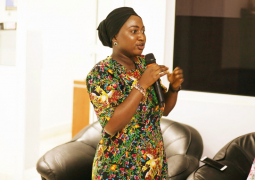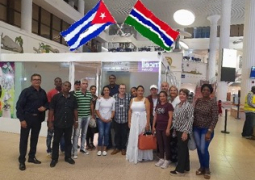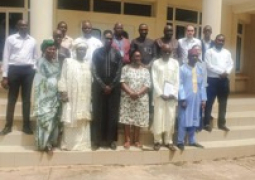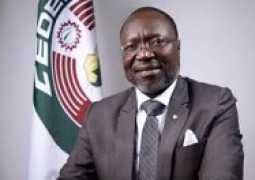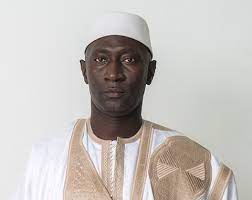
At the heart of the contention MPs argued whether the findings justify calls for censorship and reprimand of key public officials, despite no definitive evidence of bribery, tax evasion, or money laundering.
The report, a product of a-year-long investigations by the Joint Finance and Public Accounts Committee (FPAC) and the Public Enterprise Committee (PEC), has stirred strong opinions on the floor of Parliament.
The probe centred on 36,953 metric tons of petroleum products and allegations involving Apogee FZC, Grid Energy, and Ultimate Bank Logistics.
Hon. Gibbi Mballow of Lower Fulladu West openly questioned the logic behind the committee's recommendations, citing what he described as a contradiction between the report’s findings and its proposed actions.
“You cannot tell me you found no tax evasion, no bribery, and then recommend censorship. That’s suspicious,” Mballow argued. “It appears like witch hunt, and I cannot align myself with such recommendations.”
In sharp contrast, Hon. Musa Badjie of Tallinding Kunjang lauded the committee for shedding light on systemic failures and institutional weaknesses, accusing critics of trying to downplay “uncomfortable” truths.
“We can’t keep pretending everything is fine. The former IGP told the committee he had no information about the FIU report — the findings proved otherwise,” he said. “This is our moment to show Gambians we are serious about corruption.”
Hon. Suwaibu Touray, of Wuli East, pointed to glaring irregularities, including missing tax returns and untested petroleum entering the market, causing damage to consumers’ engines.
“This is not only about missing paperwork. It’s about mismanagement, favouritism, and the silent destruction of public trust,” he said, urging the establishment of a national petroleum testing lab and stricter regulations.
Hon. Yahya Sanyang of Latrikunda Sabiji, however, zeroed in on what he saw as a legal misstep. He criticised the committee for recommending sanctions against a company secretary.
For his part, Bilay Tunkara, Member for Kantora, pointed out that the committee should work on their recommendations ensuring it aligns with the findings of the report.
After a heated debate, parliament adopted the report for further investigation.
Read Other Articles In Headlines
